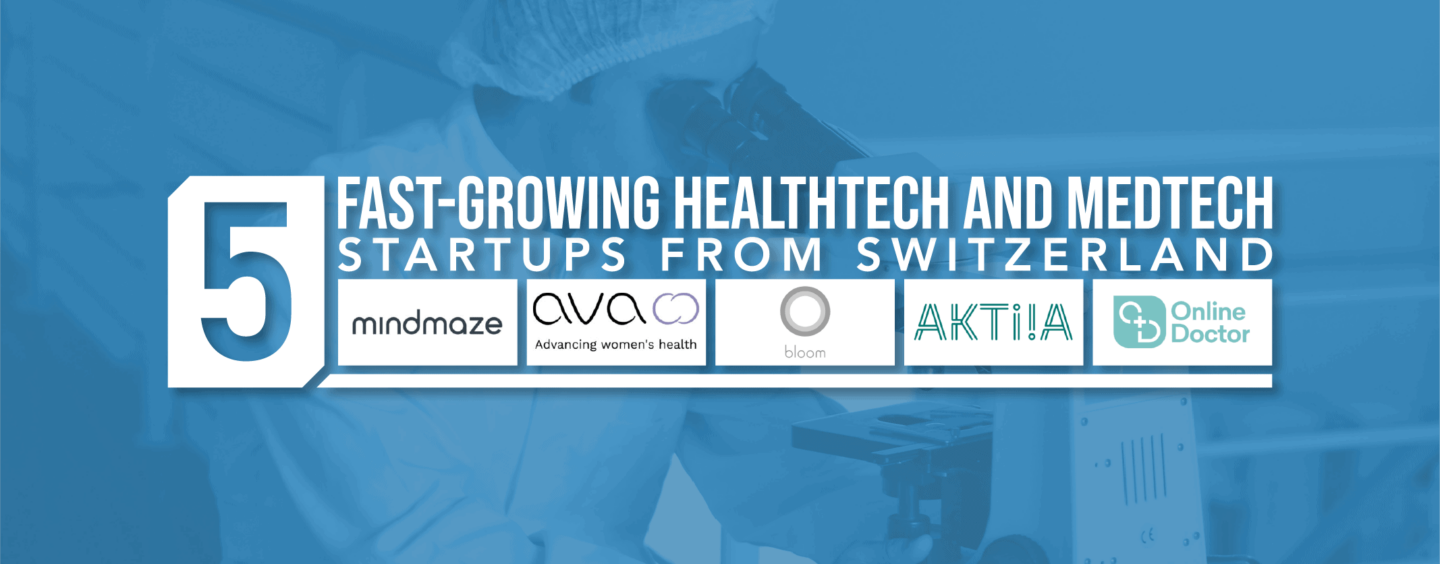
5 Fast-Growing Healthtech and Medtech Startups from Switzerland
by Fintechnews Switzerland February 15, 2022The healthcare industry is embracing cutting-edge technology at a rapid pace, leveraging cloud computing, sensors, artificial intelligence (AI) and virtual reality (VR) to help people monitor heart signals, treat patients remotely and organize the workflows of hospitals nicely.
Fast adoption of healthcare technology has pushed the digital health industry further up. Data from Statista show that the global digital health reached US$175 billion in 2019, and will rise at a compound annual growth rate (CAGR) of almost 25% to reach nearly US$660 billion in 2025.
As a life sciences hub, Switzerland is now emerging into a hotspot for healthtech and medtech innovation, with local players rapidly growing in scale and expanding overseas.
Healthtech refers to the use of technology to improve the delivery, payment, and/or consumption of care, while medtech technology is used for diagnosis, patient care, treatment, and improvement of a person’s health.
For this list, we look at some of the most promising and fastest growing private healthtech and medtech startups from Switzerland. These companies cover a wide range of fields, from neurorehabilitation and fertility monitoring, to self-testing and telemedicine, and have witnessed notable growth over the past year.
MindMaze
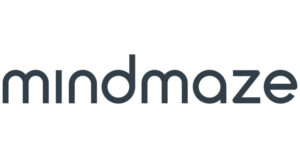
Founded in 2012, MindMaze is a global leader in digital neurotherapeutics solutions focusing on accelerating the brain’s ability to recover, learn and adapt. The company uses VR, brain imaging and 3D technology to build novel platforms for neurorehabilitation, game training and 3D imaging.
MindMaze claims its game-based digital therapies have been used by 90 centers, benefiting more than 3,300 patients. It also provides a home therapy program which can be set up in less than 5 minutes, and remotely monitored and tailored by each patient’s therapist.
MindMaze is a spin-off from the École polytechnique fédérale de Lausanne (EPFL).
The company closed a US$125 million investment round in October 2021, which it said it will use to accelerate commercialization of and enhance market access for its neurorehabilitation platform and expand its neurorestorative portfolio through system development and clinical trials.
MindMaze is now reportedly in talks to list in the US by merging with a special purpose acquisition companies. The company reached unicorn status in 2016.
Ava
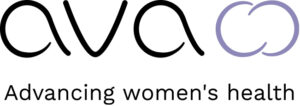
Ava is a digital health startup that specializes in the development of new medical technologies related to women’s reproductive health.
The award-winning startup is the creator of Ava Fertility, an ovulation tracking device that uses sensor technology and AI to detect a woman’s most fertile days. The device is paired with a mobile app that allows users to track their cycle and get annual reports.
In addition to fertility tracking, Ava Fertility also displays health parameters like temperature, sleep, physiological stress, and resting pulse rate, letting users know when they are in the best place to make a baby. Once pregnant, users can continue using Ava Fertility to follow the progress with graphs, trend analysis, and week-by-week content for the whole nine months.
Ava Fertility claims it was the first fertility tracking wearable to receive clearance from the US Food and Drug Administration (FDA). The device is also successfully certified under the new European Device Regulation (MDR).
Ava has offices in Zurich, San Francisco, Belgrade and Makati, and sells its bracelet in 36 countries. The company claims it has helped 50,000 women become pregnant.
Bloom Diagnostics
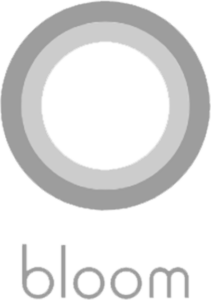
Founded in 2018, Bloom Diagnostics is a medtech startup that develops hardware and software aimed at identifying a range of medical conditions.
The company has developed a smart system that combines laboratory technology with personalized analysis to capture specific biomarkers from a just few drops of blood. Blood samples are collected on Bloom Test strips, which are then put into a Bloom Lab device for analysis. Results are accessible through the Bloom App in the form of a personalized, detailed report.
Self-tests currently provided by Bloom Diagnostics include ferritin levels in the blood to assess anemia and iron deficiency, TSH (Thyroid Stimulating Hormone), which reflects the thyroid status in the blood and screens for primary hypothyroidism, and AMH (Anti-Müllerian Hormone), which estimates women’s individual ovarian reserve as an ancillary screen of fertility.
In September, Bloom Diagnostics opened its first flagship store in Zurich. The startup raised US$10 million in November 2021, bringing its total funding to US$30 million, according to a Sifted report.
Aktiia

Founded in 2018, Aktiia is the developer of an optical blood pressure monitoring wearable device designed to prevent and assist in high blood pressure. The company’s hardware and software solutions combine common optical sensors and clinically validated algorithms to measure an individual’s blood pressure at the wrist, enabling patients and healthcare professionals to understand the underlying causes of high blood pressure.
Aktiia claims its solution improves patient engagement, with current users checking their blood pressure on average 15 to 20 times per week, versus 1 to 2 times with traditional blood pressure cuffs.
The company closed a US$17.3 million Series A funding round in November 2021, which it said it will use to expand its commercial presence globally and within the healthcare sector. In January 2022, the company expanded to the US via a landmark study with Brigham and Women’s Hospital (BWH), a top 10 hospital for cardiology.
OnlineDoctor
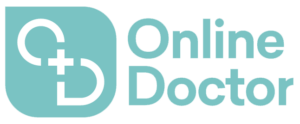
OnlineDoctor is an innovative platform that allows users to have skin problems such as rashes, eczema and moles, assessed quickly (within 48 hours) and cost-effectively by an independent specialist licensed in Switzerland.
To use OnlineDoctor, users simply need to sign up through the online platform, choose one of the listed dermatologists, describe their symptoms by answer a quick questionnaire and upload three images of the skin problem. Users would then be directed to a payment page and required to make a payment of CHF 55 for the enquiry.
Finally, users receive an email with a link containing the recommended action from their chosen doctor, in addition to a 6-digit SMS code that they can use to download their personal recommendation for action as well as the receipt.
While OnlineDoctor provides a fast and convenient user experience, one of the platform’s key downsides is that customers cannot insert a foreign mobile phone number, limiting the scope to users with a Swiss mobile phone number in hand, despite the company claiming that it serves customers where ever they are located.
OnlineDoctor, which serves individuals as well as hospitals, clinics, pharmacies health insurance companies and international companies like Hartmann and L’Oréal, has raised CHF 8 million in venture capital and has embarked on a global expansion strategy.




